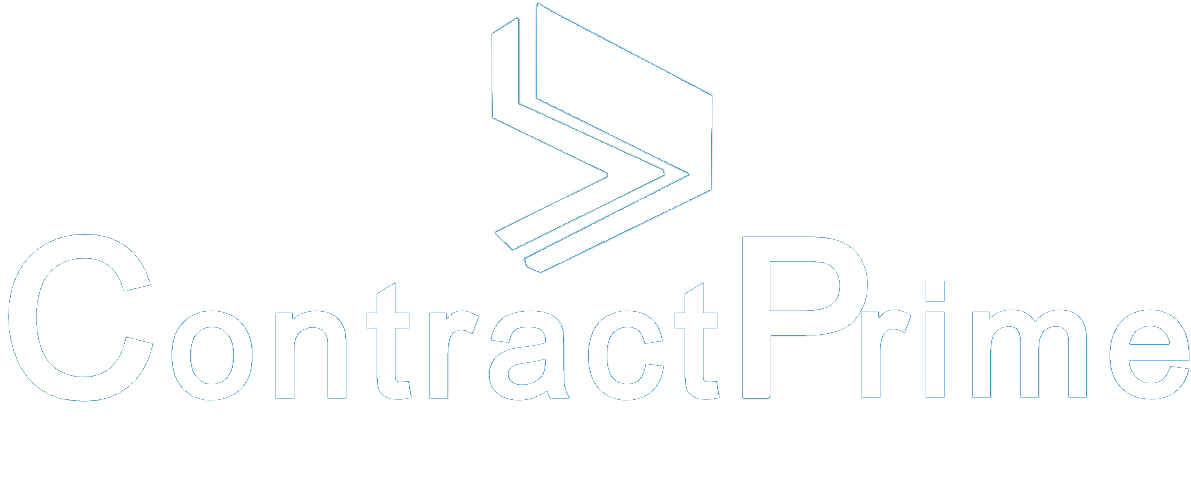Legal Software for In-House Counsel
In-house counsel plays a vital role in any organization, ensuring legal compliance, risk management, and strategic legal guidance. As the legal landscape continues to evolve, the demands on in-house legal teams are growing, and they must find efficient ways to manage their responsibilities. One such solution is the adoption of specialized software designed to streamline and enhance the work of in-house counsel.

Written by Knowledge Team, posted on November 08, 2023
In this blog, we will explore the various software tools available to in-house counsel, highlighting their benefits and how they can empower legal teams to be more effective and efficient.
Contract Management Software
One of the most critical responsibilities of in-house counsel is managing contracts. Contract management software is designed to simplify the entire contract lifecycle, from creation and negotiation to storage and compliance monitoring. This software helps in-house counsel:
- Streamline the contract creation and approval process.
- Improve contract tracking and compliance monitoring.
- Reduce the risk of missed deadlines and renewals.
- Enhance collaboration among legal and non-legal teams.

Legal Research and Information Tools
Staying updated with the latest legal developments is crucial for in-house counsel. Legal research and information tools provide quick access to statutes, regulations, case law, and legal commentary. These tools assist in-house counsel in:

- Conducting thorough legal research more efficiently.
- Staying informed about relevant legal changes.
- Providing accurate legal advice and opinions.
E-Discovery
In-house counsel often deals with large volumes of electronic data during legal proceedings. E-discovery can help in-house counsel:
- Efficiently collect, review, and produce electronic documents for litigation.
- Reduce costs associated with document review and storage.
- Ensure compliance with e-discovery rules and regulations.

Legal Spend Management Software
In-house counsel often needs to keep a close eye on legal expenditures to ensure cost-effectiveness and efficient resource allocation. Legal spend management software is designed to help legal departments monitor and manage their legal expenses effectively. This software assists in-house counsel by:
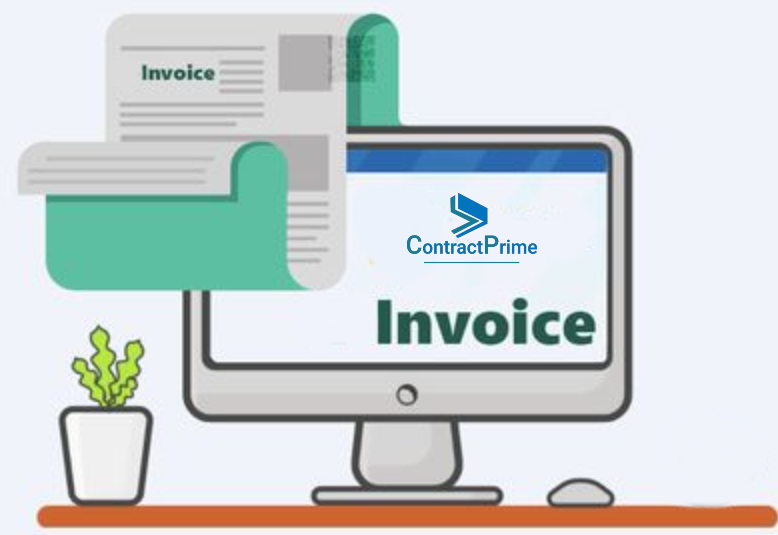
Expense Tracking
Legal spend management software allows in-house counsel to track legal costs and expenses associated with various matters or cases. This tracking ensures transparency and helps organizations make informed decisions regarding legal budget allocation.
Budgeting and Forecasting
These tools enable legal teams to set budgets for individual cases or matters, helping to prevent unexpected cost overruns. They can also assist in forecasting future legal expenses based on historical data.
Invoice Review and Approval
The software streamlines the invoice review and approval process. It ensures that the billed legal services align with agreed-upon fee structures and services rendered, reducing the risk of overbilling.
Vendor Management
Legal spend management software allows in-house counsel to manage relationships with external law firms and legal service providers. It helps organizations assess vendor performance, negotiate pricing, and ensure adherence to service-level agreements.
Reporting and Analytics
These tools provide insights through comprehensive reporting and analytics. Legal departments can analyze spending patterns, identify cost-saving opportunities, and make data-driven decisions to optimize their legal budgets.
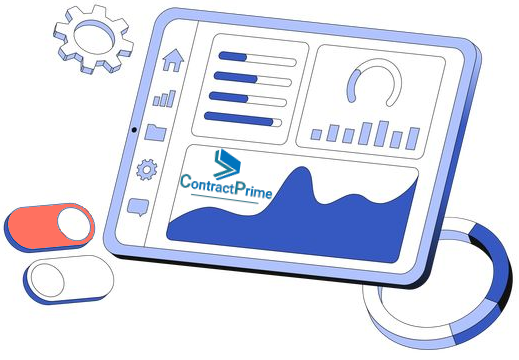
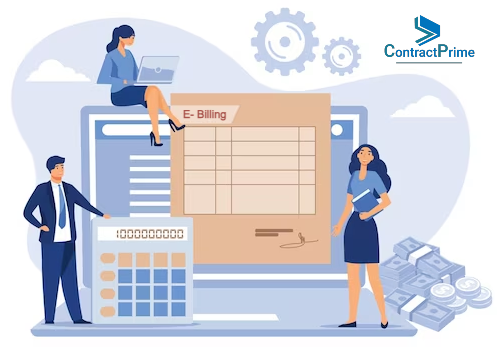
Compliance and Auditing
Legal spend management software helps ensure compliance with internal financial policies and regulatory requirements. It simplifies the auditing process, making it easier to demonstrate financial accountability.
Integration with E-Billing
Many legal spend management solutions seamlessly integrate with e-billing platforms, streamlining the invoicing and payment processes, while also enhancing transparency.
Compliance and Risk Management Software
Compliance and risk management software helps in-house counsel identify and mitigate potential legal risks within the organization. It allows legal teams to:
- Create and maintain a central repository of compliance policies and procedures.
- Automate risk assessment and monitoring processes.
- Generate reports to demonstrate compliance to regulatory bodies.

Intellectual Property Management Software
For organizations with intellectual property assets, managing patents, trademarks, and copyrights is a key responsibility for in-house counsel. Intellectual property management software aids in:
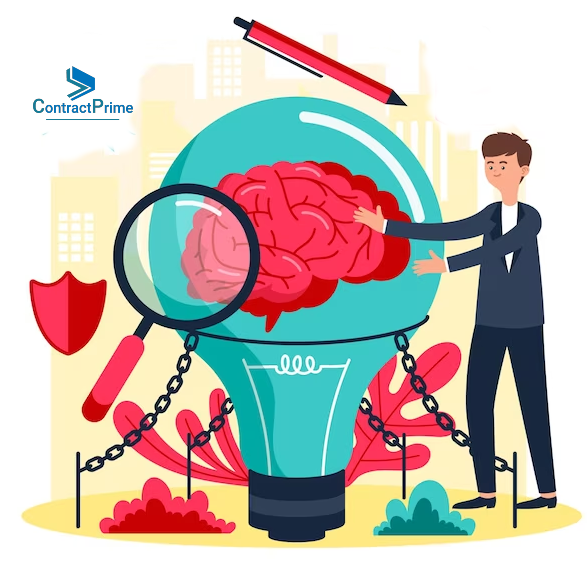
- Tracking and maintaining IP portfolios.
- Streamlining the IP application and registration process.
- Protecting intellectual property rights.
Litigation Management Software
In-house counsel may be involved in various legal disputes and litigation. Litigation management or matter management software assists legal teams in:
- Tracking and managing litigation cases and related documents.
- Facilitating communication with external law firms.
- Managing legal expenses and budgets.
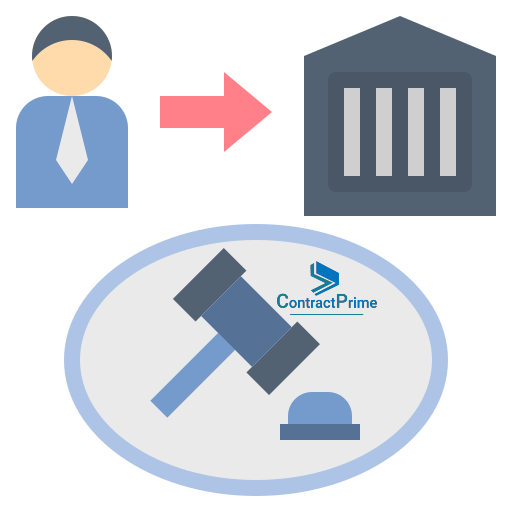
Document Management System (DMS)
Legal Document Management Software (DMS) is crucial for organizing, storing, and retrieving documents and files efficiently. In-house counsel can benefit from a DMS by:
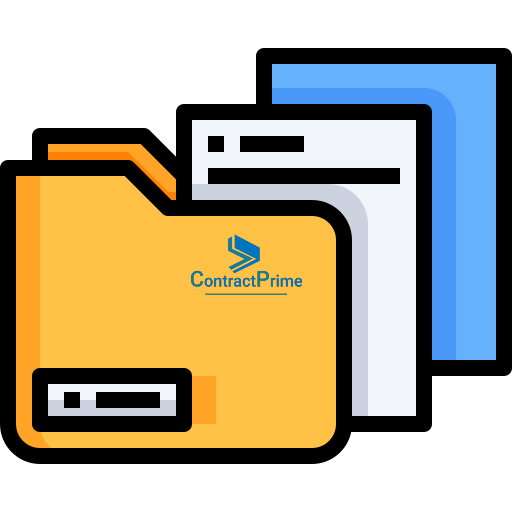
- Ensuring document security and access control.
- Simplifying document version control.
- Streamlining document collaboration and sharing.
Conclusion
In-house counsel faces numerous challenges in today’s complex legal environment. The adoption of specialized software, including DMS, can significantly enhance their ability to provide effective legal support to their organizations. Whether it’s contract management, legal research, e-discovery, compliance and risk management, IP management, litigation management, or document management, these tools offer in-house counsel the means to work more efficiently and reduce risks.
By leveraging the power of technology and software, in-house counsel can play a pivotal role in protecting their organizations, ensuring compliance, and contributing to their overall success. The right software can empower legal teams to meet their diverse challenges head-on and adapt to the ever-changing legal landscape.
